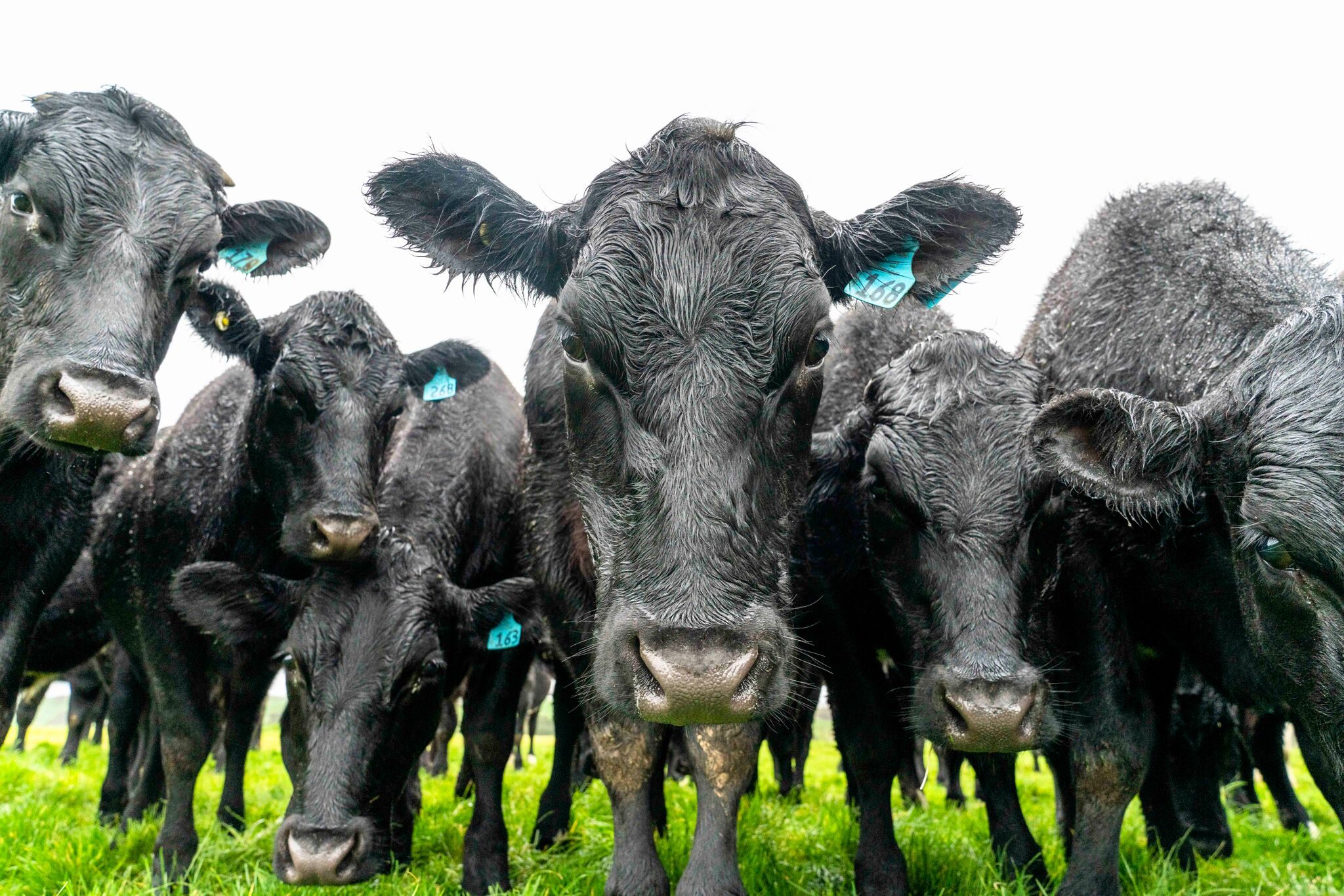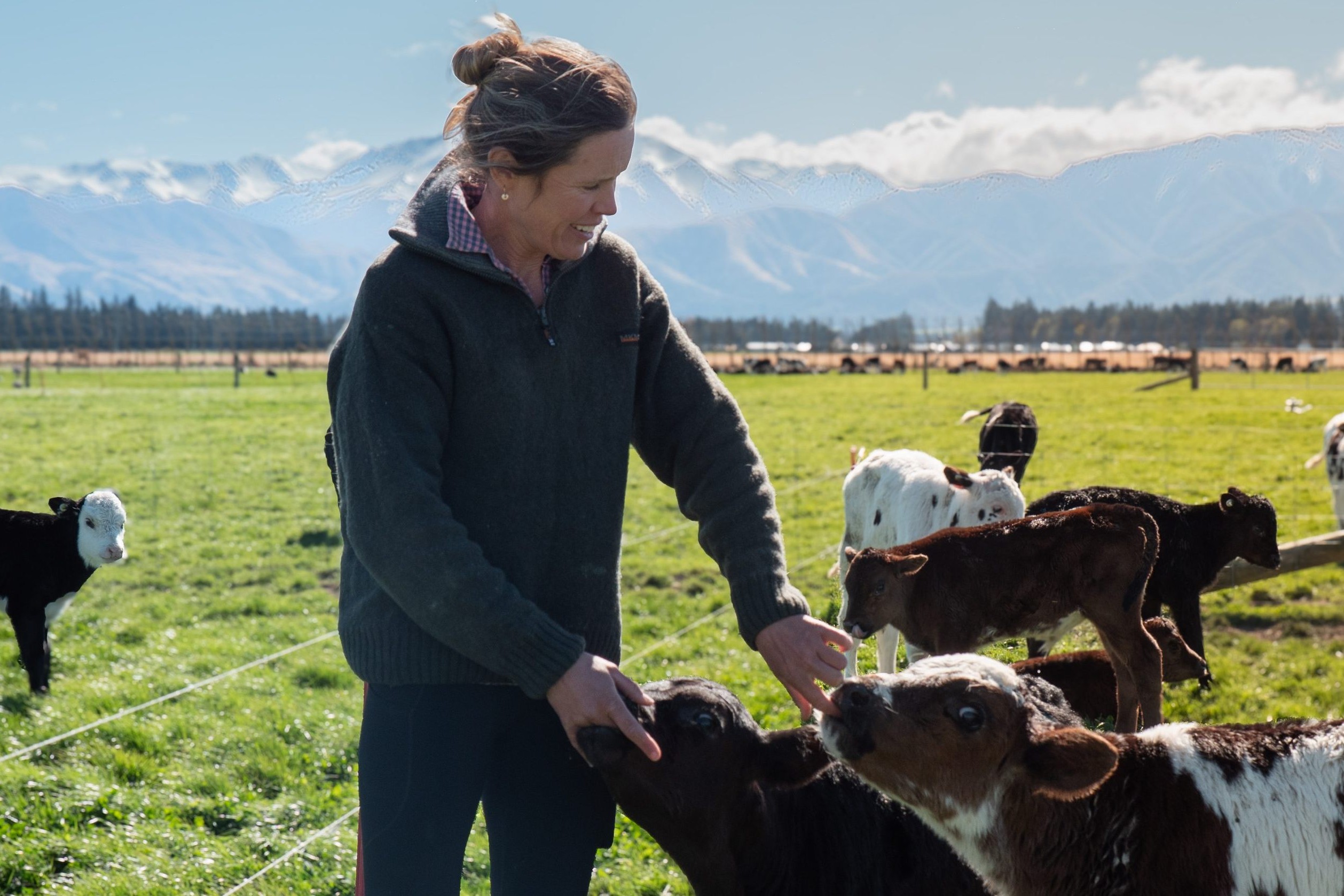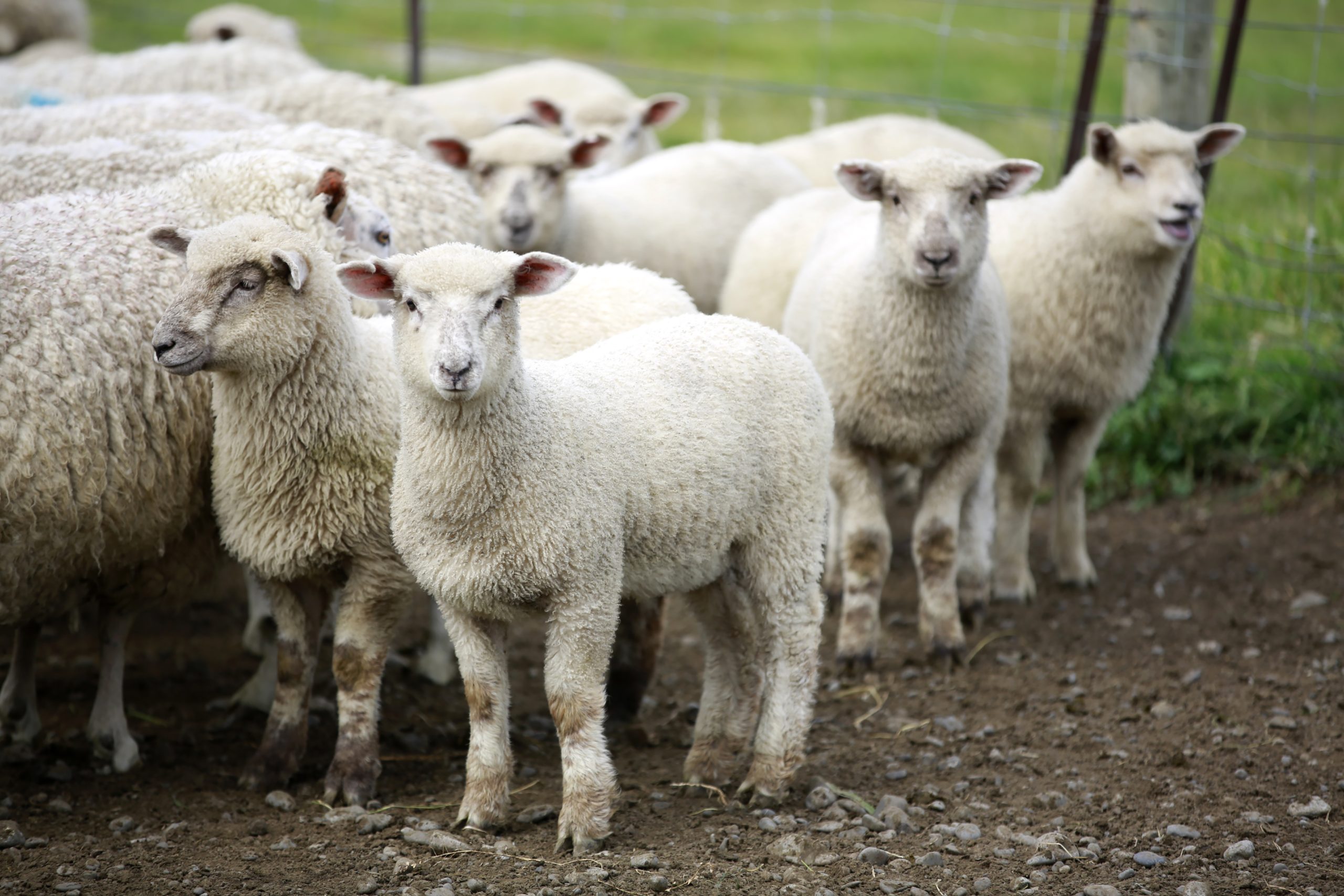Beef cattle pregnancy testing is underway around the country and while we are out and about on the farm, it’s a good chance to have a catch up about the previous season’s calving results. Every now and then we hear about some particularly poor calving/weaning percentages, especially in first calvers. Whether it be due to abortions, stillborn calves or calves dying early in life, the end result is that, come calf marking time, a proportion of the mob fail to turn up with a calf at foot, despite being scanned pregnant earlier in the year.
When investigating these cases the potential causes we have tended to consider first are bovine viral diarrhoea (BVD) and trace element deficiencies, especially selenium and iodine, as well dystocia and, of course, bad weather at calving time. However, based on several recent cases, including one confirmed just a couple of months ago, we are now including leptospirosis (lepto) near the top of the list.
Leptospirosis is a bacterial disease, with the causative organism widespread in New Zealand farmed livestock and wildlife. The bacteria live in animals’ kidneys and are shed in their urine, contaminating waterways, pasture and feed.
There are six serovars (strains) of the bacteria in this country and each of them has one or more species of animal in which they largely reside. This species is referred to as the maintenance host and they act as a reservoir of the bacteria. The maintenance host species does not often suffer any significant ill effects from harbouring the lepto bacteria. Disease is seen, however, when the bug is transferred from the maintenance host to another species of animal.
A common example in NZ is Leptospira interrogans, Pomona serovar. Pigs are the maintenance host for this serovar and so they rarely get sick when carrying it. However if cattle, sheep or deer become infected with Pomona it can cause a range of problems including illness and death in young stock, and abortions in pregnant animals.
Rural workers at risk
Lepto bacteria can also infect humans. Leptospirosis is regarded as our most important infectious occupational disease, with farmers, shearers, meat workers, hunters and vets being at most risk, due to their contact with animals. Nearly all NZ dairy farmers vaccinate their stock against lepto, largely to protect themselves and their staff. And, similarly, in the pork industry, a vaccination programme is a requirement for supplying animals to the main processing companies.
So, what about the red meat sector? A large NZ survey conducted by Massey University’s EpiCentre in 2009, found that 95% of our beef herds, 97% of our sheep flocks and 77% of our deer herds had evidence of exposure to lepto. As far as the beef herds go, 72% of them had evidence of infection with the Pomona serovar, so it is not surprising that we are seeing the impact, in terms of poor beef cow reproductive performance. Wild pigs seem to be becoming more prevalent in Otago and venturing on to farmland more and more; especially in the type of terrain where beef cows commonly spend the winter. From what I have heard, other parts of the country are experiencing similar problems.
Research has demonstrated a clear benefit to vaccinating deer against lepto; in terms of both improved growth rate of young stock and better reproductive performance of first calvers. In our beef herds the benefits of lepto control have not been so clearly defined. In 2014 Emile Vallée, of the EpiCentre, reported on a study conducted across nine sheep and beef farms, looking at the benefits of vaccinating against lepto. While the researchers observed trends for improved performance in stock that were vaccinated, these improvements were not statistically significant. Given the small sample size and the fact that not all farms in the project had evidence of infection with the Pomona serovar, this was maybe not surprising, but the results were encouraging enough to justify the need for a larger study to be undertaken.
Simple blood test
At a vet practice level, we believe that we have seen benefits of lepto control in some of our clients’ beef herds. Blood samples taken from heifers that have failed to rear a calf have revealed very high lepto titres on a number of farms, and those farmers who have then gone on to implement a vaccination programme have reported improved reproductive performance in subsequent seasons. While this is clearly anecdotal evidence, rather than a scientific trial, it gives us confidence to at least include lepto in the conversation when investigating cases of unsatisfactory calving percentages in young beef cattle.
As with BVD, a simple blood test of a few of your younger cattle can help identify if lepto is a potential problem in your herd. Each year in this country about 100 people are diagnosed with clinical leptospirosis. As many of these cases are related to the sheep beef and deer sectors as to the dairy sector. So some people would argue that, because the bacteria has been shown to be present in the majority of the country’s beef herds, the risk is high enough to warrant vaccination as a matter of course. To protect your family, staff and yourself, as well as your stock.
- Andrew Roe is a veterinarian at Clutha Vets, Balclutha.





